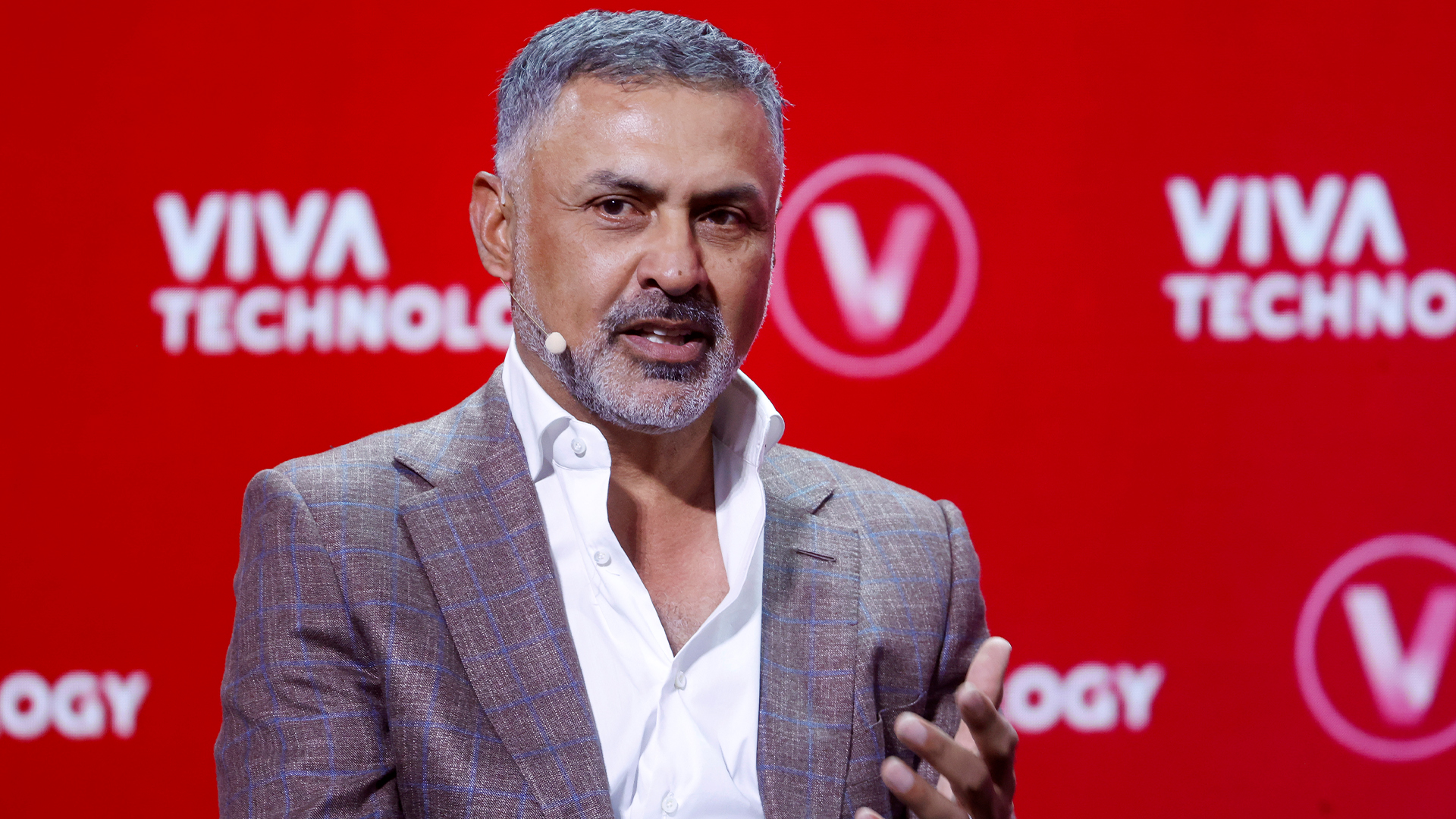Should algorithms be regulated?
Labour MP says it may be time for government to get involved in Silicon Valley's secret sauce


Sign up today and you will receive a free copy of our Future Focus 2025 report - the leading guidance on AI, cybersecurity and other IT challenges as per 700+ senior executives
You are now subscribed
Your newsletter sign-up was successful
Is it time to regulate algorithms? One Labour MP believes so -- and she's not the only one raising concerns about algorithmic accountability.
Chi Onwurah, shadow industry minister for Labour, told the Guardian that algorithms need to be regulated the same way their results are.
"Algorithms aren't above the law," she told the newspaper. She added: "The outcomes of algorithms are regulated the companies which use them have to meet employment law and competition law."
Onwurah admitted it's not easy to regulate algorithms when they lack transparency, saying the issue will be examined in a paper from Labour due in the new year.
The potential challenge to Silicon Valley's smoke and mirrors follows pressure on Google and Facebook to address the flood of "fake news" propagated by both services, and as more people find work in the so-called gig economy, with their employment influenced by algorithms created by the likes of Uber.
Such problems require algorithmic accountability, academics have argued. The question is how to give accountability to something that's by its nature confusing and more often than not the "secret sauce" behind a company's success.
"Algorithms are an area that in principle should be regulated, since they are ways of categorising people, things and actions and counting up the results," said Nick Couldry, Professor of Media, Communications and Social Theory LSE. "It matters a lot what is counted, and how the results are processed."
Sign up today and you will receive a free copy of our Future Focus 2025 report - the leading guidance on AI, cybersecurity and other IT challenges as per 700+ senior executives
But he added that the need for regulation depends on the function. "I may care a lot less about algorithms that change what buying or listening recommendations I receive than those affect what appears to me as news, or affect how I am evaluated by others," he told IT Pro.
"Organisations should always take responsibility for how they represent the world and how they represent human beings, and this is no different," he added. "It is not so much a question of transparency (it may be hard for lay people to understand how an algorithm works even if they are told) as accountability. And underlying that, the question of whether the information on which the algorithm works should be collected in the first place."
In other words, algorithmic accountability may, in some ways, come back to data protection.Dr Alison Powell, assistant professor and director of Media and Communication at the London School for Economics, notes that theGeneral Data Protection Regulation stipulates that the function of an algorithm must be "made understandable to those they influence."
But she said that functional transparency may not be enough, and it may be necessary for the training data and other elements to be available for examination. "It is possible to regulate algorithms ex post - that is, in terms of their outcomes - but this is difficult in contexts where machine learning or other artificial intelligence techniques are used as there may be a gap between the claims made at the beginning of a process and the outcomes at the end," she explained. "Computer science scholars have proposed a strategy of 'procedural regularity' to address this. This process tries to make the steps of the algorithmic processing more regular so that there are ways of auditing and ensuring that the process isn't discriminating against people unfairly."
Freelance journalist Nicole Kobie first started writing for ITPro in 2007, with bylines in New Scientist, Wired, PC Pro and many more.
Nicole the author of a book about the history of technology, The Long History of the Future.
-
 Palo Alto Networks CEO hails ‘the end of identity silos’ as firm closes CyberArk acquisition
Palo Alto Networks CEO hails ‘the end of identity silos’ as firm closes CyberArk acquisitionNews Palo Alto Networks' CEO Nikesh Arora says the $25bn CyberArk acquisition heralds "the end of identity silos" for customers, enabling them to supercharge privileged access management.
-
 Google says hacker groups are using Gemini to augment attacks
Google says hacker groups are using Gemini to augment attacksNews Google Threat Intelligence Group has shut down repeated attempts to misuse the Gemini model family
-
 Big tech looks set to swerve AI regulations – at least for now
Big tech looks set to swerve AI regulations – at least for nowNews President Trump may be planning an executive order against AI regulation as the European Commission delays some aspects of AI Act
-
 Three things you need to know about the EU Data Act ahead of this week's big compliance deadline
Three things you need to know about the EU Data Act ahead of this week's big compliance deadlineNews A host of key provisions in the EU Data Act will come into effect on 12 September, and there’s a lot for businesses to unpack.
-
 The second enforcement deadline for the EU AI Act is approaching – here’s what businesses need to know about the General-Purpose AI Code of Practice
The second enforcement deadline for the EU AI Act is approaching – here’s what businesses need to know about the General-Purpose AI Code of PracticeNews General-purpose AI model providers will face heightened scrutiny
-
 Meta isn’t playing ball with the EU on the AI Act
Meta isn’t playing ball with the EU on the AI ActNews Europe is 'heading down the wrong path on AI', according to Meta, with the company accusing the EU of overreach
-
 ‘Confusing for developers and bad for users’: Apple launches appeal over ‘unprecedented’ EU fine
‘Confusing for developers and bad for users’: Apple launches appeal over ‘unprecedented’ EU fineNews Apple is pushing back against new app store rules imposed by the European Commission, suggesting a €500m fine is a step too far.
-
 ‘Europe could do it, but it's chosen not to do it’: Eric Schmidt thinks EU regulation will stifle AI innovation – but Britain has a huge opportunity
‘Europe could do it, but it's chosen not to do it’: Eric Schmidt thinks EU regulation will stifle AI innovation – but Britain has a huge opportunityNews Former Google CEO Eric Schmidt believes EU AI regulation is hampering innovation in the region and placing enterprises at a disadvantage.
-
 A big enforcement deadline for the EU AI Act just passed – here's what you need to know
A big enforcement deadline for the EU AI Act just passed – here's what you need to knowNews The first set of compliance deadlines for the EU AI Act passed on the 2nd of February, and enterprises are urged to ramp up preparations for future deadlines.
-
 UK financial services firms are scrambling to comply with DORA regulations
UK financial services firms are scrambling to comply with DORA regulationsNews Lack of prioritization and tight implementation schedules mean many aren’t compliant
